In the first half of the week, the NATO summit sent an important message: with Donald Trump’s election victory, the priorities of the United States have shifted and the goal is no longer to fund and prolong the Russia-Ukraine war, began Daniel Deak in his latest video analysis. The senior analyst at the XXI. Század Institute emphasized that this was clearly reflected in the fact that, unlike in previous years, Ukrainian President Volodymyr Zelensky was not invited to the closed-door NATO talks—only to the formal dinner held prior to the summit.
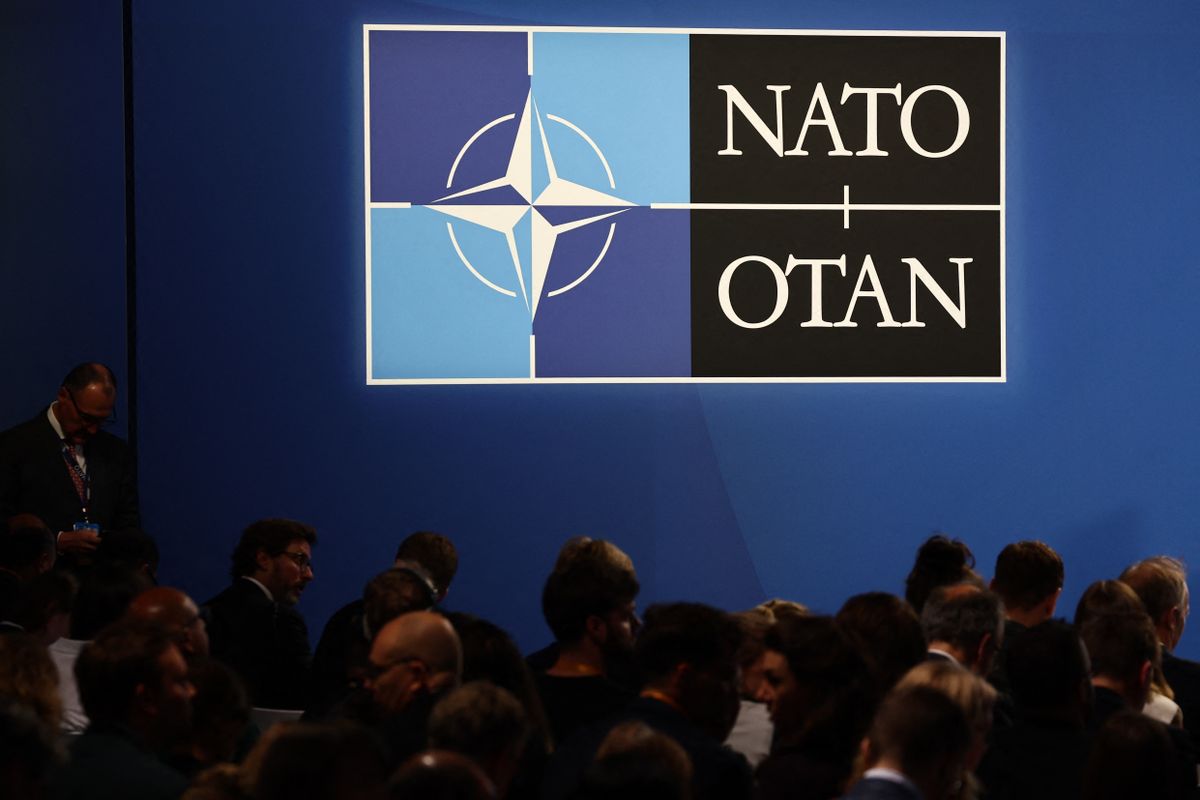
In this context, Hungarian Prime Minister Viktor Orban commented that the summit "finally focused on ourselves, not Ukraine," referring to the fact that NATO's attention has now shifted from how to continue the war to how to strengthen the defense alliance itself. In line with this, NATO member states agreed to allocate at least 5 percent of their GDP to defense spending in the future, which will reduce Europe’s dependence on US military capabilities.
The EU summit was a different story,
the analyst continued, highlighting that Brussels leadership and several member states remain interested in prolonging the war and continue to propose pro-Ukraine measures.
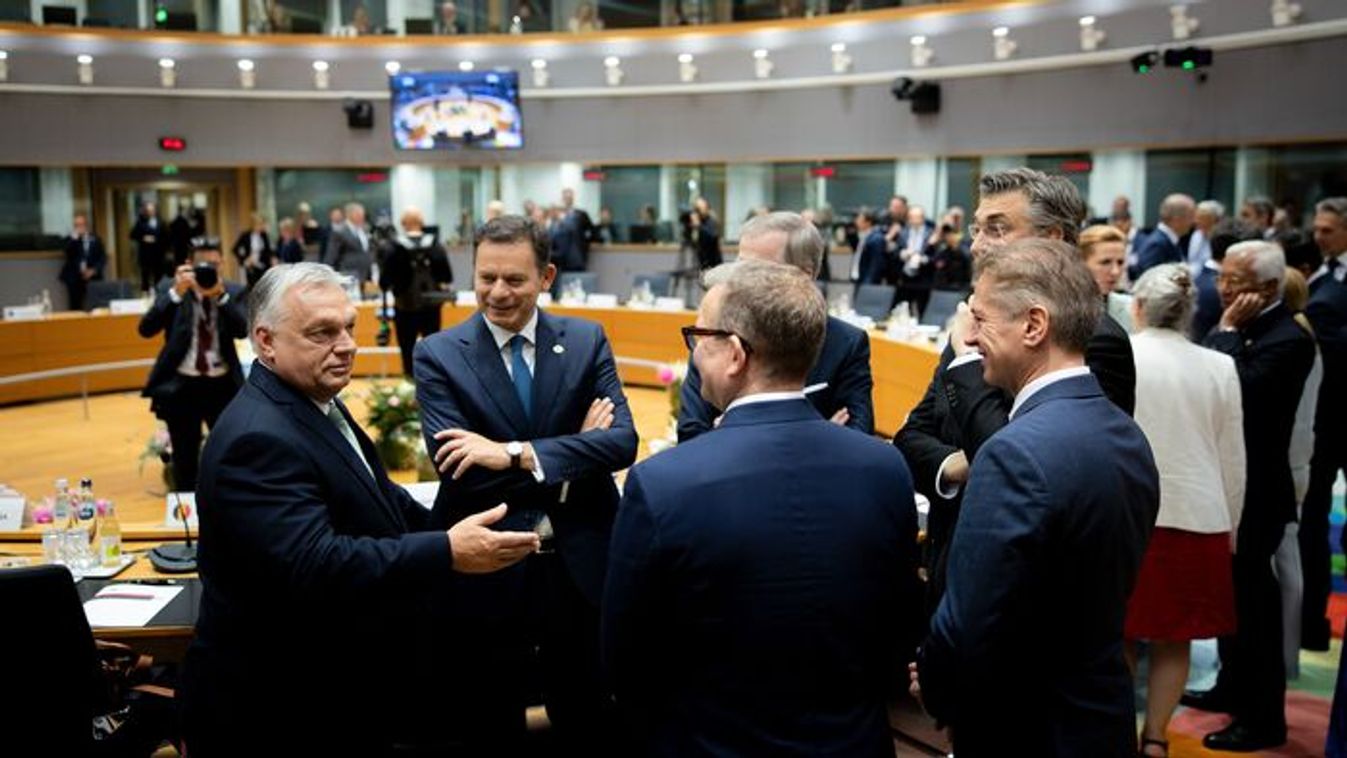





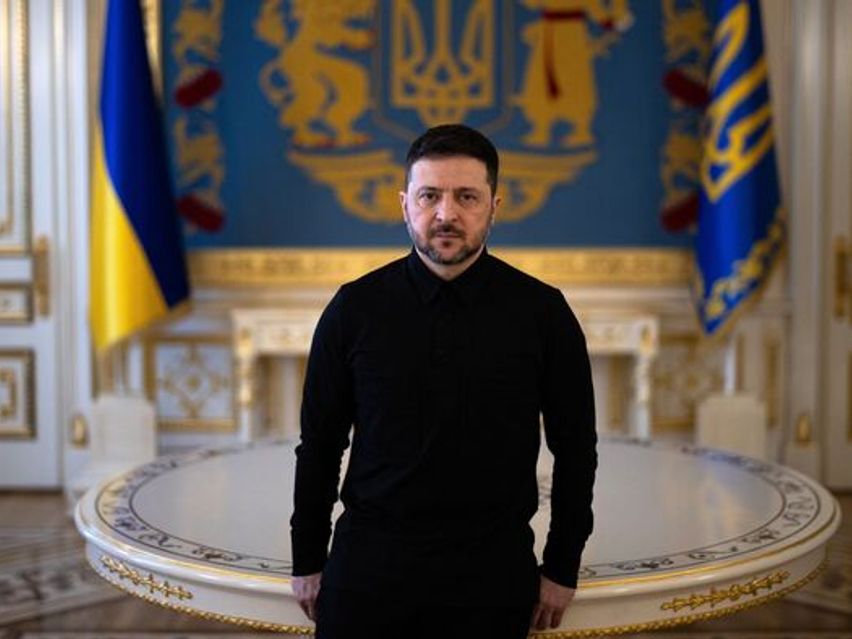




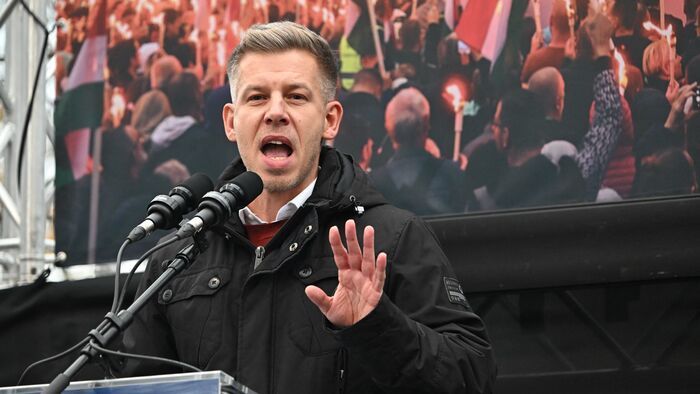


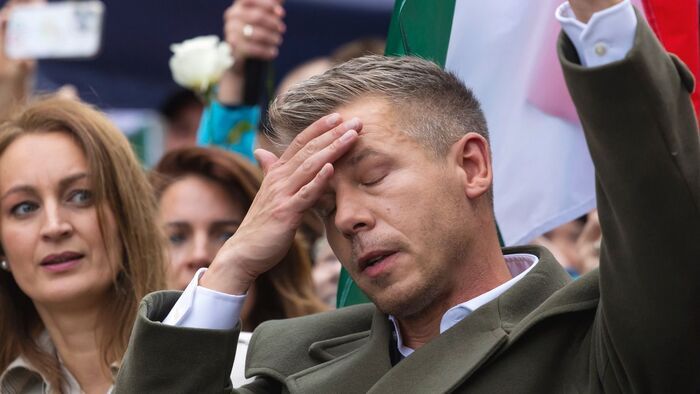
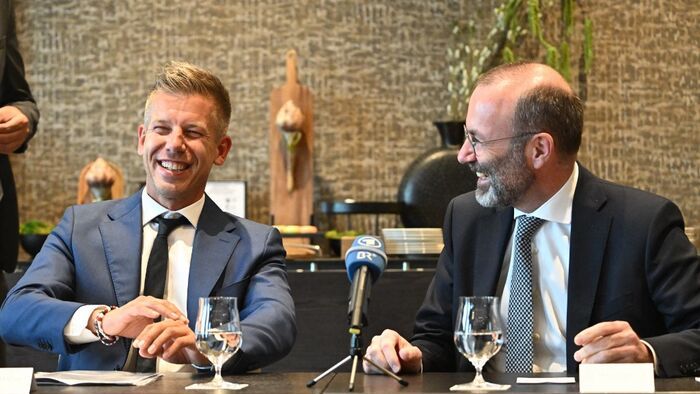
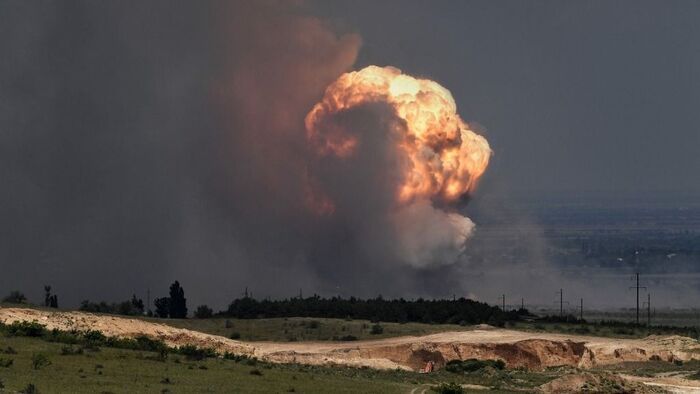
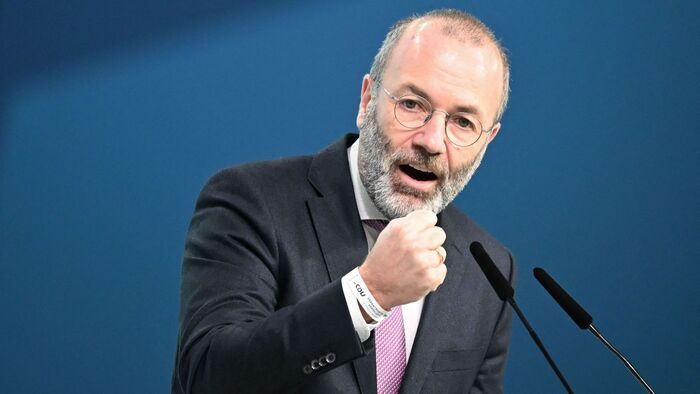
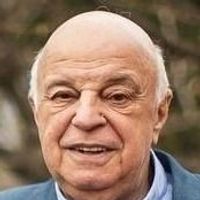
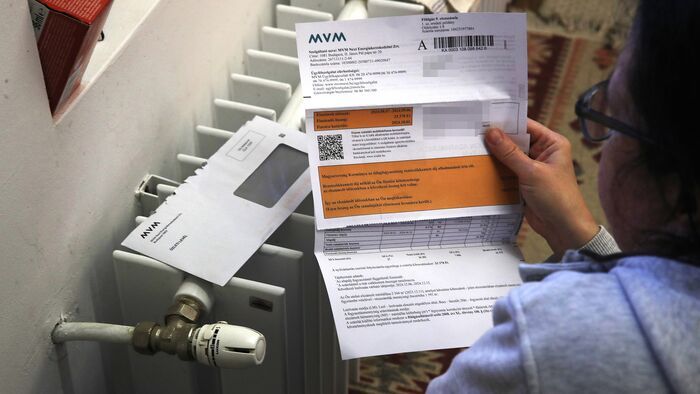
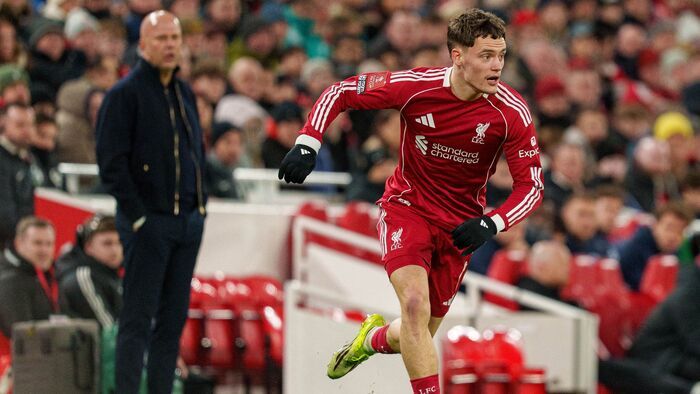


Szóljon hozzá!
Jelenleg csak a hozzászólások egy kis részét látja. Hozzászóláshoz és a további kommentek megtekintéséhez lépjen be, vagy regisztráljon!